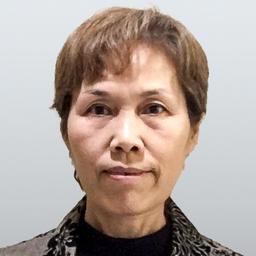Zhu Yi, a former member of the Issuance Appraisal Committee of China Securities Regulatory Commission (CSRC), has recently been investigated. The purge of the financial system by the CCP chief Xi Jinping has further intensified after the Party’s crucial mid-term congress (the 6th Plenary Session of the 19th CCP Central Committee) in early November.
On Nov. 26, the website of the Central Commission for Discipline Inspection (CCDI) announced that Zhu Yi, former member of the Public Offering Review Committee and general manager of the investment banking department of Guotai Junan Securities Co., Ltd., has been investigated, highlighting Zhu’s status as a three-time member of the CSRC’s Main Board Public Offering Review Committee and a former researcher of the Shanghai Securities Regulatory Bureau (SSRB).





